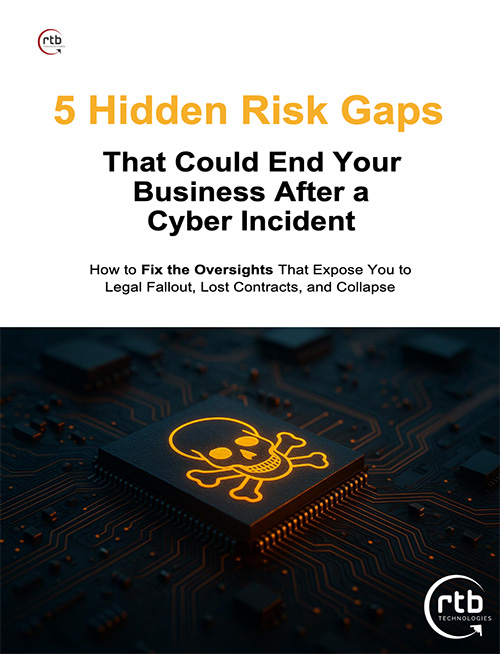
Chatbots like ChatGPT, Gemini, Microsoft Copilot, and the newly released DeepSeek have undoubtedly changed the way companies handle everyday tasks—from drafting emails and generating content to even keeping track of budgets. But for those of you fighting an uphill battle against cyber threats and regulatory nightmares, there’s a hidden cost that goes far beyond convenience.
What’s Really Happening With Your Data?
When your teams interact with these AI tools, every text input—whether it’s a routine query or a sensitive business detail—is being processed and stored. Here’s how it unfolds:
- Data Collection: Every word, every detail about your organization’s vulnerabilities, and even your team’s operational quirks are scooped up to tailor responses. This includes not just routine queries but often sensitive information you’d rather keep under wraps.
- Data Storage: Depending on the platform, this information is either temporarily held or kept for extended periods. For instance:
- ChatGPT: Collects prompts, device details, and location info, sharing some with vendors to supposedly improve services.
- Microsoft Copilot: In addition to similar data, it taps into your browsing history and app interactions—potentially opening doors for targeted ads or even worse, data misuse.
- Google Gemini: Logs every conversation for improvement and development purposes, keeping data for up to three years—even if you try to erase it.
- DeepSeek: This one pushes boundaries by hoarding everything from prompts to typing patterns on servers overseas, raising significant concerns about data sovereignty.
- Data Usage: While these platforms claim to use your data to enhance performance, the practice skirts dangerously close to unauthorized surveillance. The reality is, sensitive details about your company’s risk posture may be slipping into hands that aren’t accountable to you.
The Real Risks Lurking Beneath the Surface
For those who know all too well the pressure of regulatory compliance and the constant threat of a breach, these practices aren’t just inconvenient—they’re a recipe for disaster:
- Privacy Concerns: Every sensitive piece of information shared could become an entry point for a breach or be misappropriated by third parties. This isn’t just about data—it’s about your company’s integrity.
- Security Vulnerabilities: The very tools designed to streamline operations can be manipulated, potentially enabling sophisticated attacks like spear-phishing or data exfiltration. Imagine a scenario where your company’s confidential strategies are exploited.
- Regulatory and Compliance Headaches: When chatbots don’t align with strict regulations like GDPR, the fallout isn’t just fines. It’s a domino effect that could lead to boardroom crises, shattered trust, and the unraveling of hard-fought reputations.
Taking Control in a Sea of Uncertainty
The solution isn’t to retreat from technology—it’s to reclaim control. Here’s how you can protect your organization:
- Be Vigilant With Sensitive Information: Ensure that no confidential data is casually fed into AI tools without knowing the full scope of how it’s processed.
- Scrutinize Privacy Policies: Understand every clause of your AI tools’ data-handling practices. Opt for platforms that give you granular control over data retention.
- Invest in Robust Privacy Controls: Utilize advanced tools that allow you to manage and mitigate the risks inherent in AI use. This isn’t just about compliance—it’s about safeguarding your company’s future.
- Stay Proactive: In the rapidly evolving landscape of cyber threats, constant vigilance and up-to-date knowledge are your best defenses.
The Bottom Line
While AI chatbots offer undeniable benefits in productivity, they also pose significant risks—risks that can undermine the painstakingly built defenses of your organization. In an environment where every byte of data could be a potential vulnerability, taking control is not just smart; it’s essential.
Want to ensure your organization stays secure in this volatile digital era? Start with a Cyber Risk Assessment to uncover vulnerabilities and build a fortress around your critical data.
Click here to schedule your Cyber Risk Assessment today!



